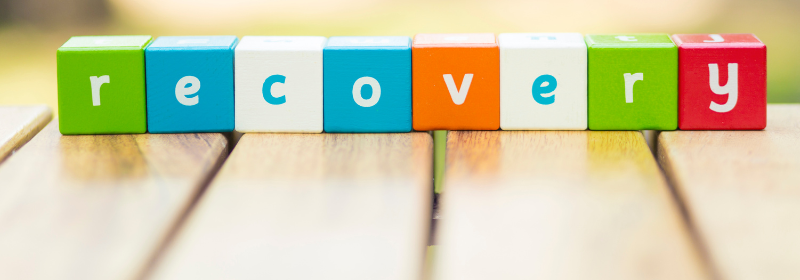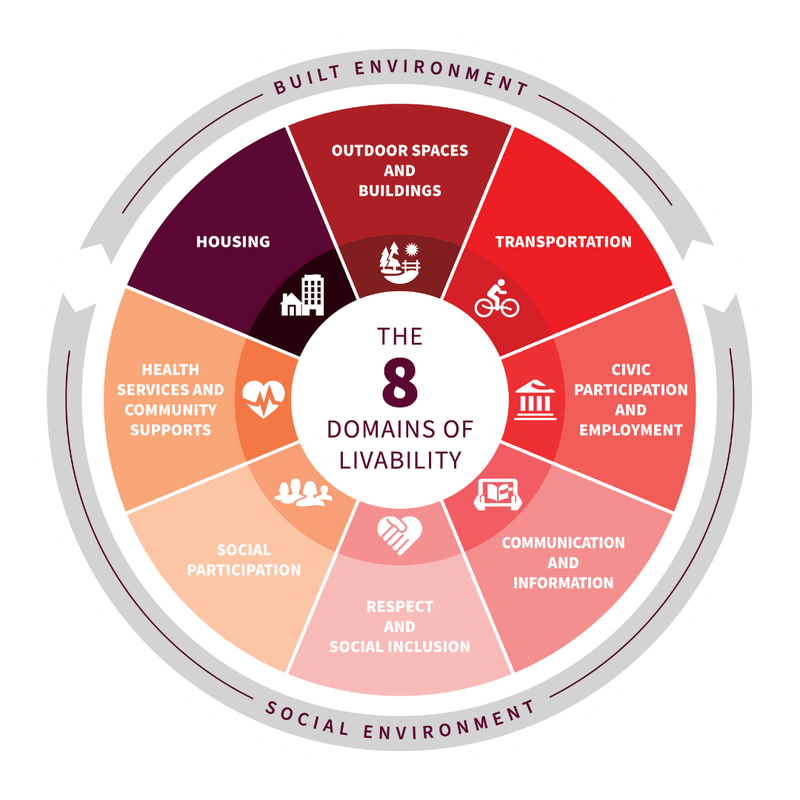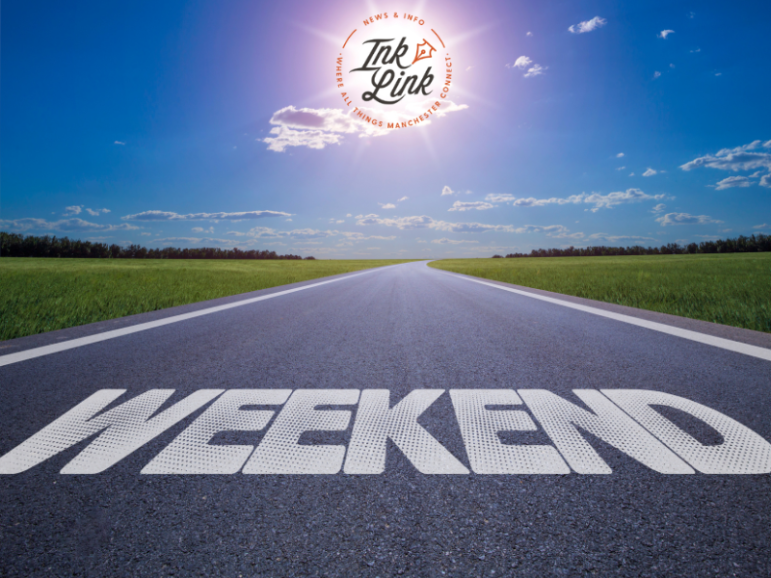Recovery Month: ‘Stepping away from drugs or alcohol means leaving behind a best friend’
September is National Recovery Month. It’s also the month for celebrating honey, bourbon, prostate health, gospel music, yoga, and guide dogs. While my squirrel mind would love to find an organizing principle among these diverse topics—recovery, bourbon and guide dogs as a trio almost writes its own



September is National Recovery Month. It’s also the month for celebrating honey, bourbon, prostate health, gospel music, yoga, and guide dogs. While my squirrel mind would love to find an organizing principle among these diverse topics—recovery, bourbon and guide dogs as a trio almost writes its own jokes—I’m going to write about what I know and stick to recovery.
(Apparently, I lied in that last sentence. In a previous life more than 20 years ago, I wrote, performed and produced an album of original songs called “The Sound of One Mind Snapping: Songs from the Zen Baptist Tradition.” Most of the songs are less notable for tunes than creative names (“Out-of-Town Tuna Fish,” “From the Gutter to You Ain’t Up” and “Mean Playgrounds of Weare”). This album, virtually unlistenable by anyone with undamaged hearing, was created in a complicated skirting of the requirements for recertification as a high school principal.)
As someone who has recovered (or “is recovering” to some of my mates) from drug and alcohol use, I’m perfectly happy to have a month devoted to the process that saved my life. Over the next 30 days, I’ll write daily about recovery, my life before and during recovery, Recovery Month, granfalloons, Hope for New Hampshire Recovery and a variety of other recovery-related topics.
You’ve been warned.
Recovery is absolutely worth it. If your using is getting (or has gotten) out of hand, or if it never was in hand, please come to Hope for New Hampshire Recovery and we’ll do everything we can to help you regain your life. Really
Still, early recovery sucks. After all, stepping away from drugs or alcohol means leaving behind a best friend, even if that bestie is trying to kill you. While I’ve moved from weed to pills to acid to meth to heroin, booze, for me, was a constant. No matter what, alcohol helped make the bad times fuzzier and the good times harder to remember. I last shot up when I was a 19-year-old soldier, addicted and scared to death. Luckily, alcohol nursed me through and I didn’t have the heart to give it up for almost another 30 years.
“Any man who finds early recovery easy probably didn’t need recovery at all.”—Unattributed 19th-Century quotation. Unattributed because I just made it up.
When I was drinking, a lengthy period of abstinence was two or three days, an experience that began with a glorious first day.
“I should have done this a long time ago! Feels so good to not feel bad first thing in the morning. I don’t think I’ll ever drink again!”
By around two in the afternoon, I was so sure I was done with booze that I realized I didn’t need to be fanatical about it.
“I’m not drinking, but I could still have just a couple at the end of the day. The secret to sobriety is learning how to drink responsibly. After all, recovery is a journey, not a destination. I didn’t drink last night, so that proves I don’t have a real problem. Just need to pace myself.”
By five, I was stopping at the drug store or convenience store or supermarket—never the same place too regularly, lest someone think I have a drinking problem—and buying a 30-rack of beer or box of wine.
“Tonight, I’ll just have three or four drinks over the course of the evening. I’ll pace myself and enjoy the buzz. Tonight will be different.”
No tonight was ever different. I never had just three or four drinks, no matter what kind of intentions I’d set off with.
Recovery is about way more than not drinking or drugging. It’s about redux—a return to health after a period of sickness. Sometimes, though, we get so used to being diseased that health feels unhealthy, like a starving man with a meal of diseased meat, we know we must consume even as that consumption slowly kills us.
Early recovery is filled with excitement and joy.
Early recovery is numbness and sorrow.
Early recovery offers a life of freedom.
Early recovery is a diarrhea downpour with no raincoat.
Early recovery brings peace.
Early recovery is turmoil, pain and chaos.
Each of those sentences is true, for me and, I suspect, everyone who’s ever lived through early recovery. Luckily, millions of us HAVE walked that path, whether it took three weeks or four months or five years. Early recovery ends—we have the ability to turn that work into long-term sobriety or wander into relapse or reoccurrence.





